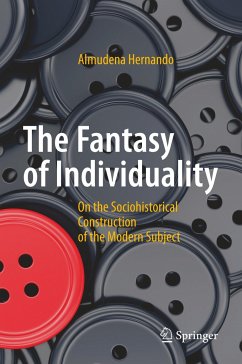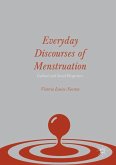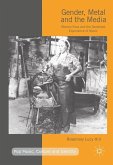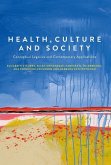The Enlightenment promised humanity a bright future of emancipation which never actuallymaterialized. Instead, our social order is still based on gender inequality, which rests upon afalse conviction: that the individual can be conceived of as separate from community; that the more individualized a person is, the less they need to establish links with their community to feel safe; and that the more they use reason to build a relationship with the world, the less they need emotions. Th is conviction, which guides the ideals of our social system, is based on a fantasy: the fantasy of individuality.
This volume is a step in fleshing out the historical reasons for gender inequality from theorigins of humankind to present times in the Western world. It is a theoretically-informedand up-to-date overview of the history of gender inequality that takes as its starting pointthe mechanisms through which human beings construct their self-identity.Starting from a peripheral, interdisciplinary and heterodox perspective, this book intends toappraise the complexity of gender identity in all its richness and diversity. It seeks to understand the persistence of relationality in supposedly fully individualized male selves, and the construction of new forms of individuality among women that did not follow the masculine model. It is argued here that by balancing community and self beyond the contradictions of hegemonic masculinity, modern women are struggling to build a new, more empowering form of personhood.
The author is an archaeologist, who uses her discipline not only to provide data, theory anda long-term perspective, but also in a metaphorical sense: to construct a socio-historicalgenealogy of current gender systems, through an examination of how personhood and self- identity have been constructed in the Western world.
This volume is a step in fleshing out the historical reasons for gender inequality from theorigins of humankind to present times in the Western world. It is a theoretically-informedand up-to-date overview of the history of gender inequality that takes as its starting pointthe mechanisms through which human beings construct their self-identity.Starting from a peripheral, interdisciplinary and heterodox perspective, this book intends toappraise the complexity of gender identity in all its richness and diversity. It seeks to understand the persistence of relationality in supposedly fully individualized male selves, and the construction of new forms of individuality among women that did not follow the masculine model. It is argued here that by balancing community and self beyond the contradictions of hegemonic masculinity, modern women are struggling to build a new, more empowering form of personhood.
The author is an archaeologist, who uses her discipline not only to provide data, theory anda long-term perspective, but also in a metaphorical sense: to construct a socio-historicalgenealogy of current gender systems, through an examination of how personhood and self- identity have been constructed in the Western world.








